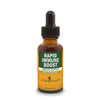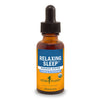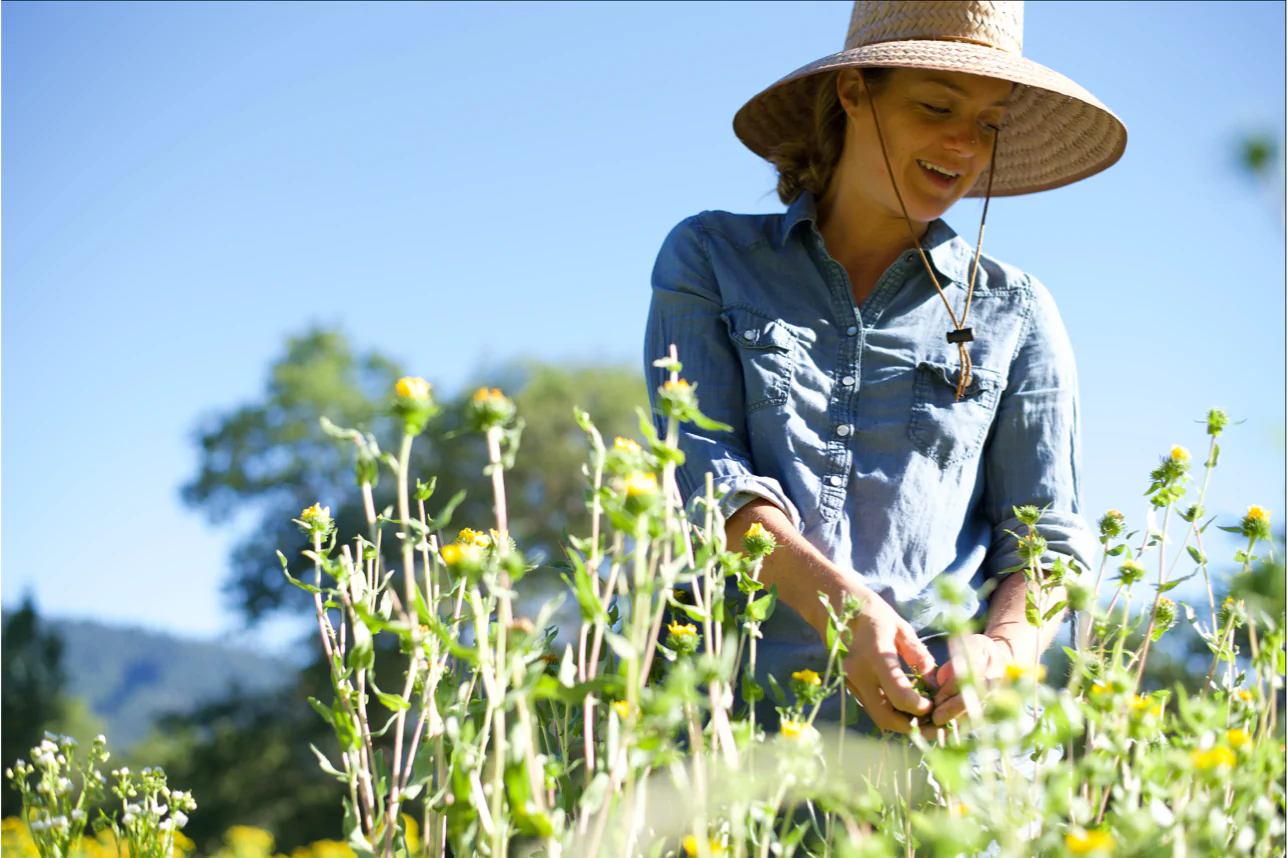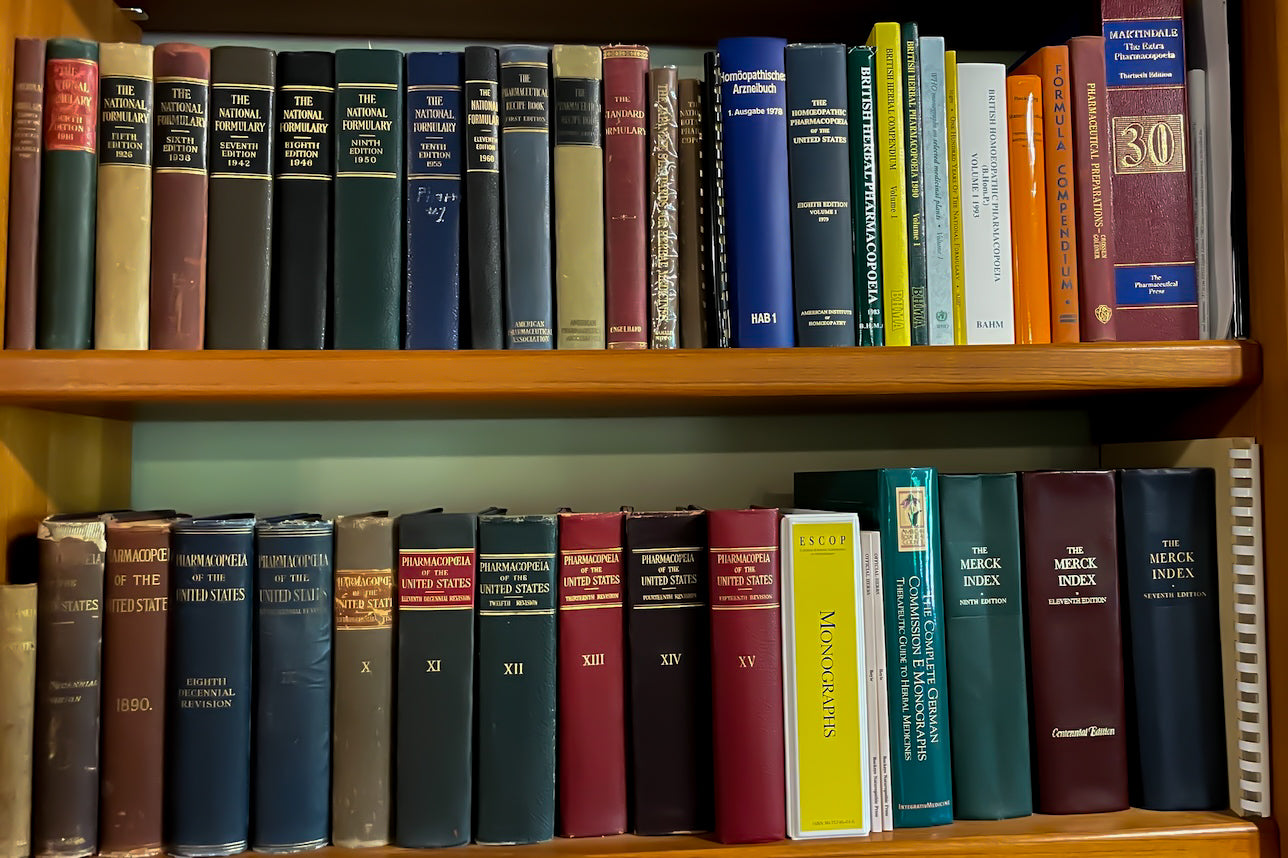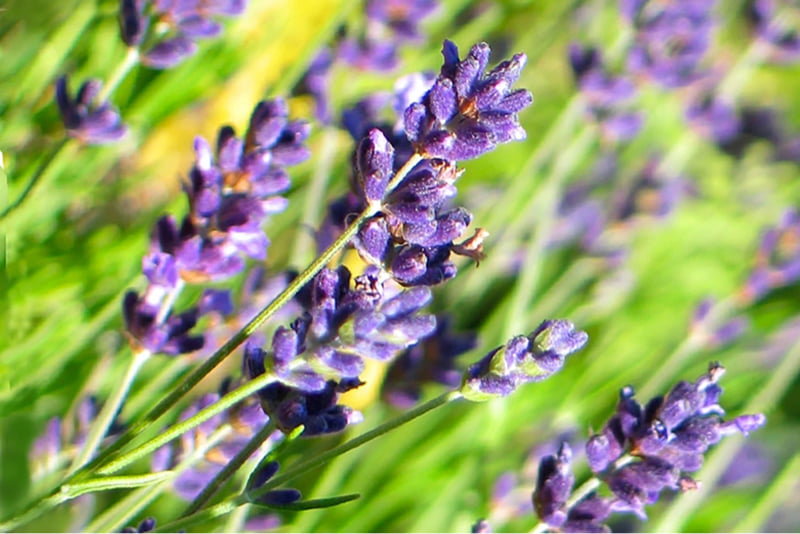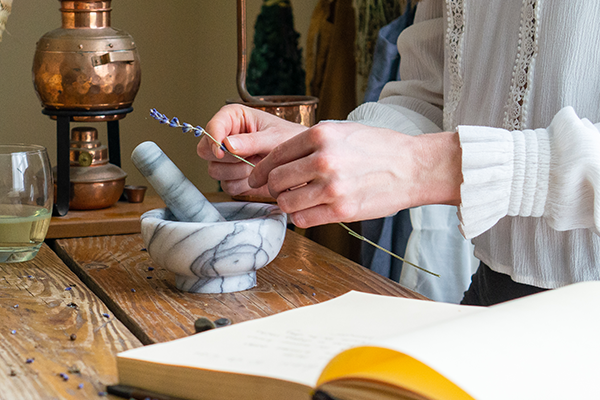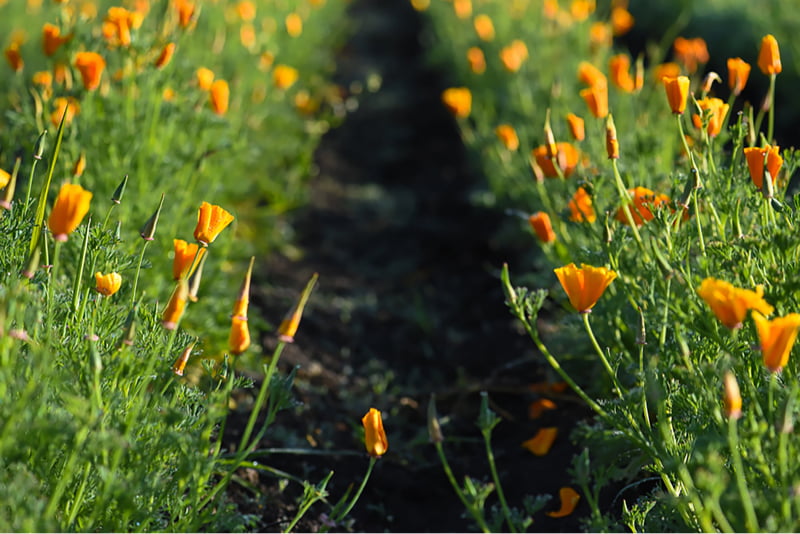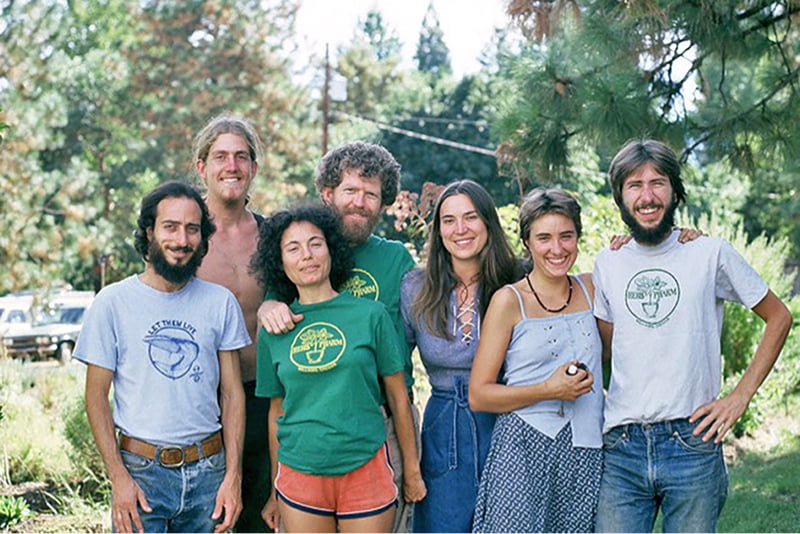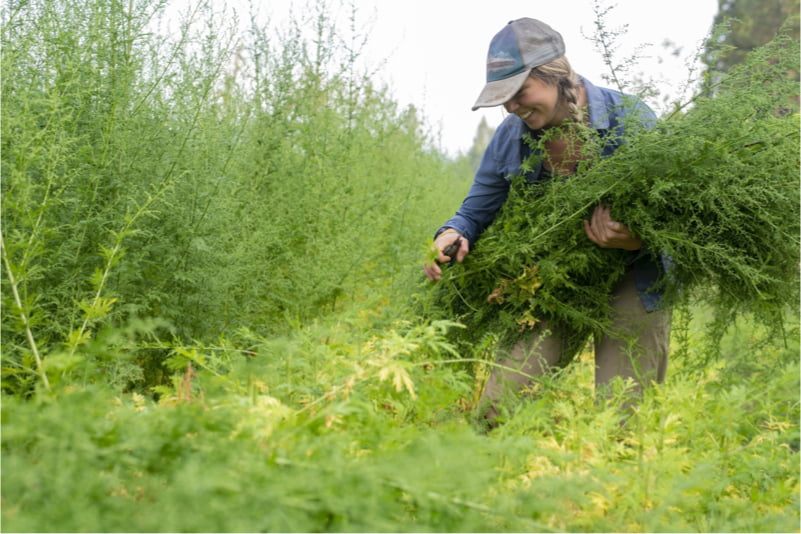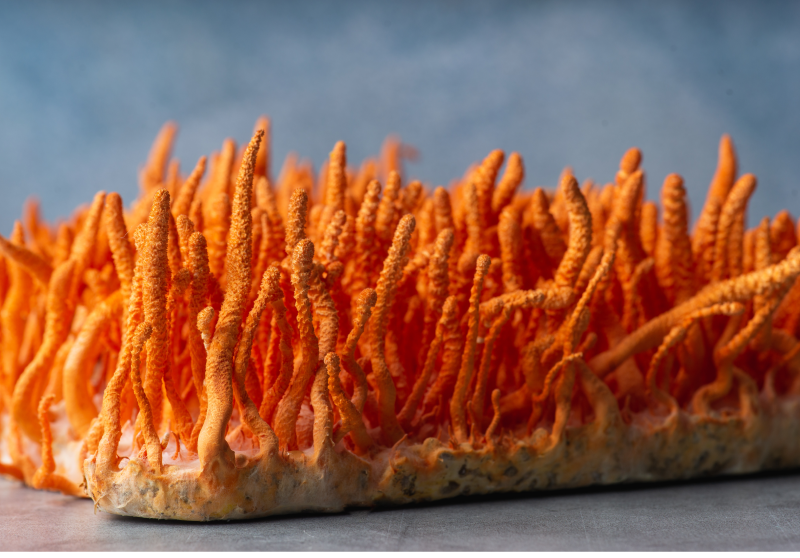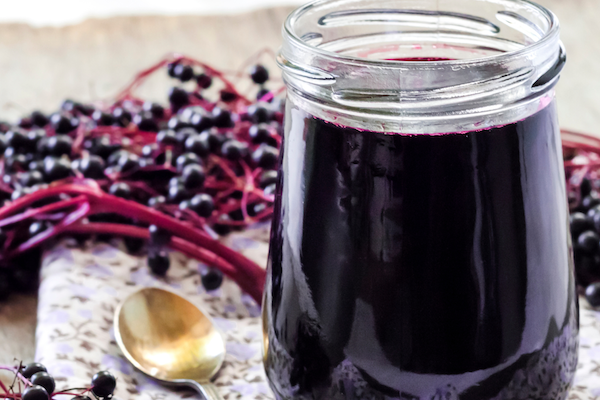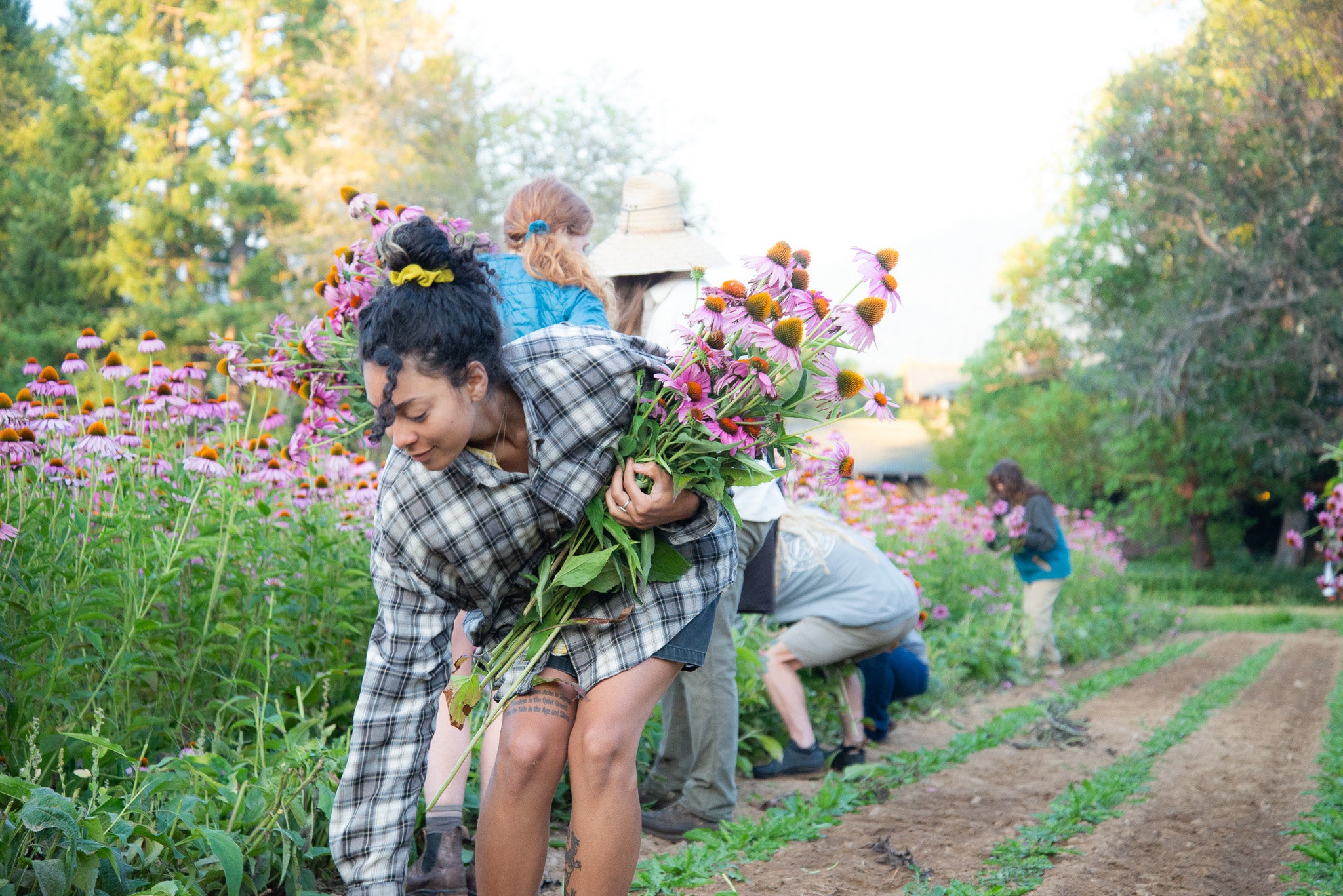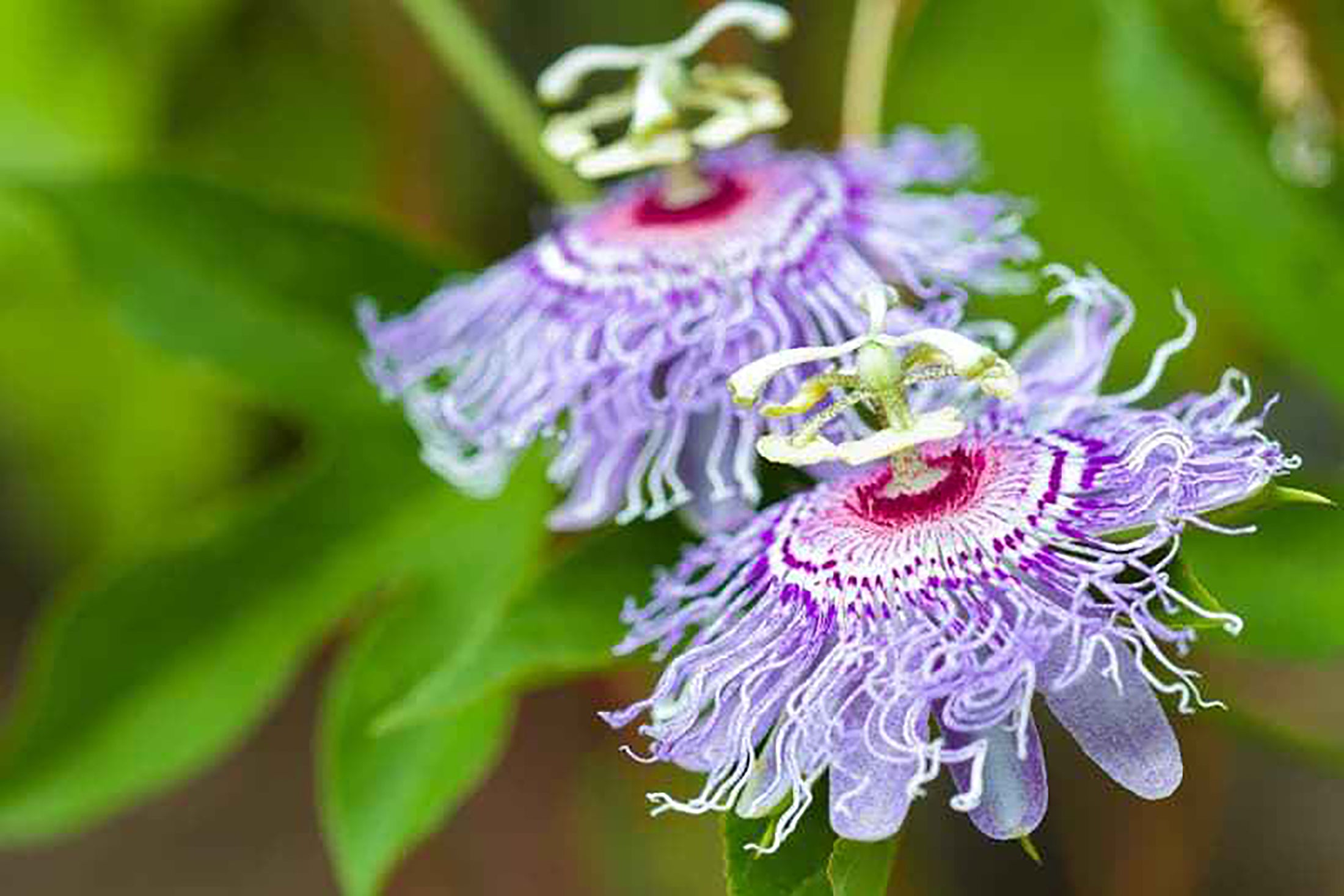We love talking about herbs and herbalism, and we especially love answering your questions about those
topics. That's why we brought in our team of herbal experts to respond to some of the most common questions
and concerns we hear.
Our herbalists have decades of combined experience working with herbs — and the people who take them. They
answer your most pressing questions, in our regular column “Ask an
Herbalist.”
Are there different types of herbalists?
You might have noticed that some herbalists (particularly those who work with clients) have additional
modifiers in their titles, such as “medical herbalist,” “clinical herbalist” or “folk herbalist.”
While there is no standard definition for the different types of herbalists, here are some general ideas of
what those titles can mean. If you have questions or want more information, you can always ask an herbalist
about their background and practice.
Types of Herbal Practitioners:
These descriptions are generally based on Traditional Western Herbalism, and they are used in the modern
sense of the words. In the United States, “herbalist” is not a certified or licensed profession; however,
practitioners may be designated as a Registered Herbalist though the American Herbalists Guild.
-
Clinical herbalist: A clinical herbalist advises clients on the use of herbs in a more complex
way that is specifically chosen for that individual’s needs. Clinical herbalists tend to focus on a
scientific approach to herbs and the body, and they may also work with other health-care practitioners,
like doctors or nurses. Many opt to see clients in an office setting. In addition to their work with
clients, clinical herbalists may consult on various writings and research or be an educator. A clinical
herbalist’s education traditionally includes a foundation in modern science as well as the historical
use of herbs. It may also include some level of medical education as well as botany, herb and drug
interactions and herbal formulation. In addition to their formal education, clinical herbalists may
learn through an apprenticeship. (And, although rare these days, some clinical herbalists may have
trained exclusively through an apprenticeship.)
-
Medical herbalist: A medical herbalist is similar to a clinical herbalist. This term is generally
used by herbalists practicing outside the United States, usually in the United Kingdom.
-
Phytotherapist: A phytotherapist is similar to a medical or clinical herbalist but relies less on
traditional and empirical knowledge. Their practice is based heavily on science and medical evidence.
Phytotherapy originated in Europe and is still very active there today, although it is not a certified
or licensed profession in the United States.
-
Community herbalist: A community herbalist practices herbalism that focuses on the traditional
and historical uses of herbs. Their practice is also supported and informed by scientific research and
modern discoveries. Community herbalists act as teachers, sharing knowledge with their community. They
may also opt to reach out to an underserved population. A community herbalist may also be a folk
herbalist (see below), and they can gain their knowledge through formal schooling or apprenticeships.
-
Folk herbalist: A folk herbalist practices herbalism based on traditional and empirical methods.
This type of herbalism is generally associated with a specific culture or particular geographic
bioregion and may include indigenous cultures, native herbalists or curanderas/curanderos (traditional
folk herbalists in Spanish-speaking countries). Knowledge of folk herbalism is generally passed down
from one generation to the next. When a folk herbalist lives within the community, they can also be
called a community herbalist or village healer.
Other Modalities and Herbs
Beyond herbalism, there are different ways to utilize herbs in practice. Many of those who practice holistic
modalities may also incorporate herbs, including practitioners of Ayurveda, Traditional Chinese herbal
practitioners and acupuncturists, naturopathic doctors, osteopathic physicians and aromatherapists.
Non-Conventional Herbalists
And there are other herbalists or members of the herbal industry who don’t work with clients at all. This
includes wildcrafters, gardeners, farmers, seed savers, scientists (including chemists), product makers,
formulators, educators, writers, clinicians, researchers, quality control technicians and/or small business
owners.










